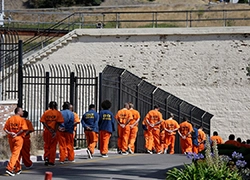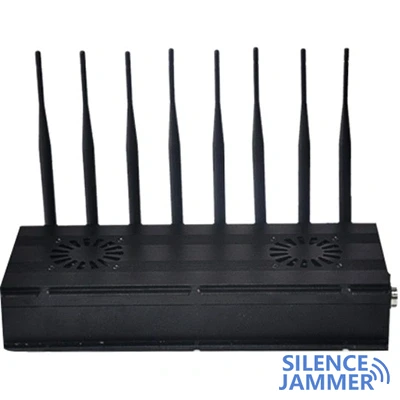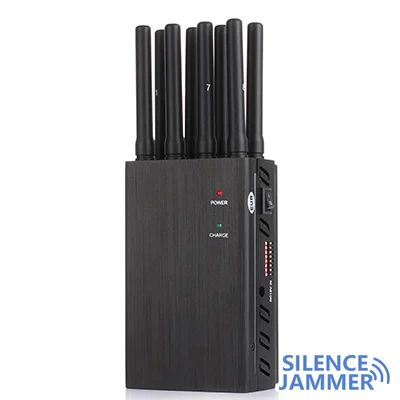
Chile's Office of the Comptroller General receives complaints about signal jammers
Recently, the Office of the Comptroller General of Chile began investigating the use of prison signal jammers due to complaints that the devices only work at lunch time. Justice Minister Luis Cordero previously confirmed that the system was installed in three metropolitan prisons as a means of responding to the growing crime in the country. Criminal activities are frequently coordinated through mobile phones in prisons, so the government adopted Israeli technology at a cost of about $10 billion, which aims not only to block mobile phone signals, but also to track the location of mobile phones and detect the presence of electronic devices in prisons.
Departments shirk responsibility
Cordero stressed that the entire process is supervised by the Deputy Minister of Telecommunications to ensure that mobile phone signals around prisons are not affected. However, the UDI delegation, led by Juan Manuel Fuensalida, and several other representatives filed a complaint with the Comptroller General's Office, criticizing the project's slow progress and constant problems. The representatives said that although the government promised to take measures to combat organized crime in prisons, the actual operation of the jammer equipments was not as expected, and criminals were still able to communicate with the outside world through mobile phones.
The consequences of intermittent activation of signal jammers
The key to the complaint is that only 30% of the jammers were activated intermittently and only during the military police lunch time (noon to 2 pm). This resulted in a very limited jamming effect and failed to completely block the signal in all areas.

Not only can prisoners use mobile phones, they can even record videos in prison and post them on social networks.
More worryingly, there are reports that some prisoners make money by selling pornographic videos shot in prison, which are circulated through platforms such as WhatsApp and Telegram. This kind of behavior has become an important source of illegal income for some prisoners.





